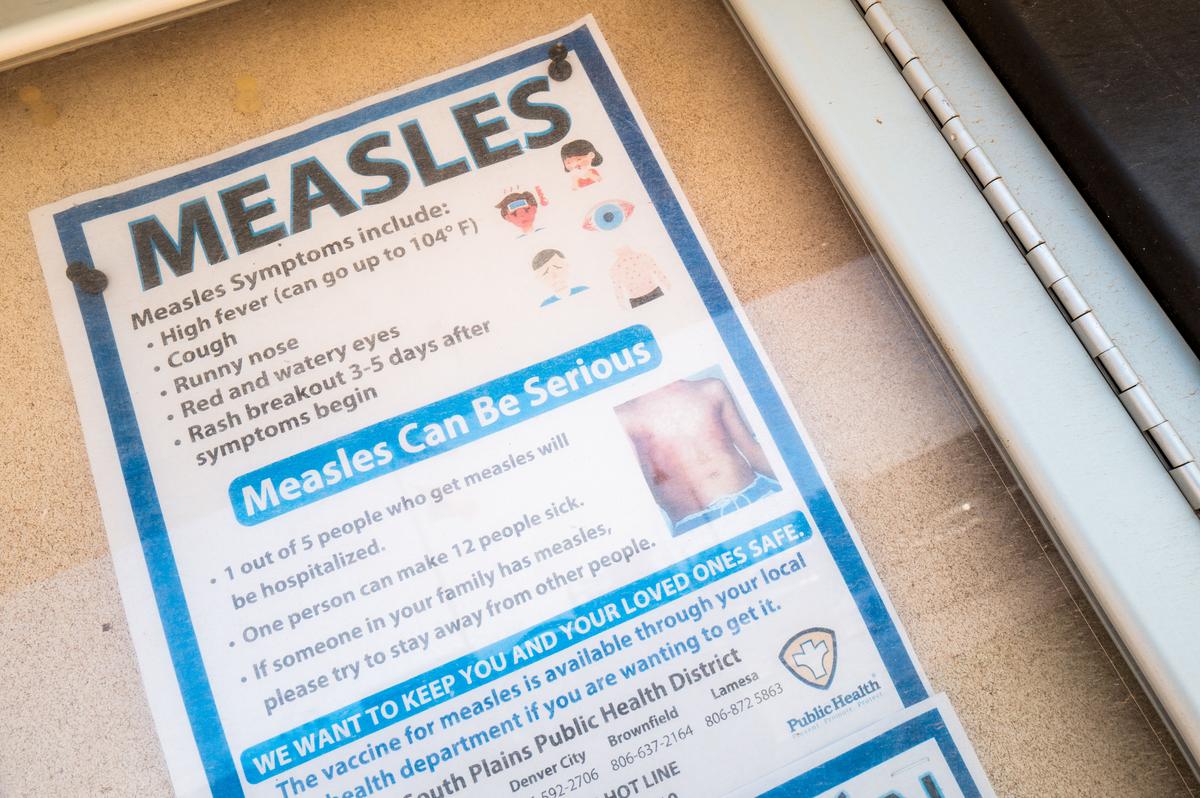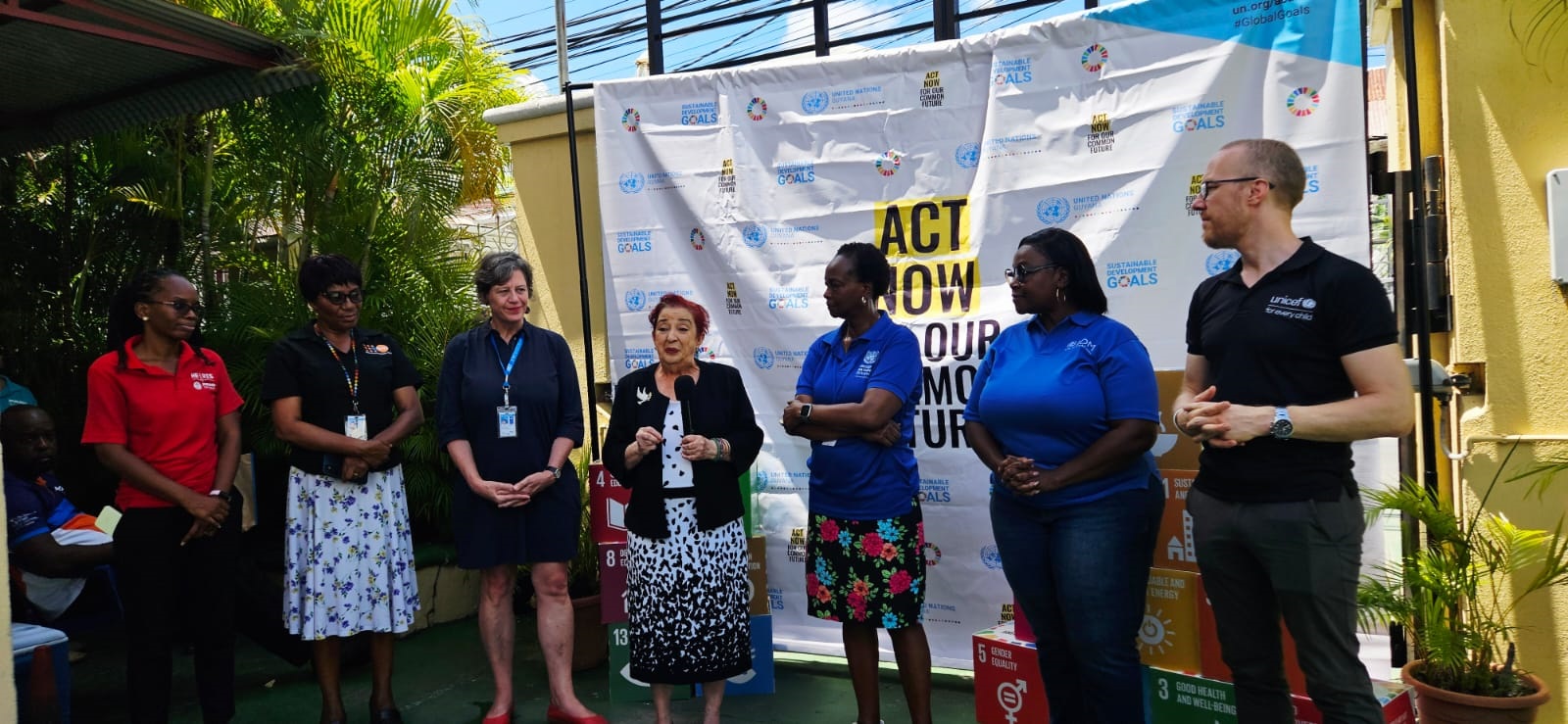Copyright kdhlradio.com

Rochester, MN (KROC-AM News) - There have been two more confirmed measles cases in Olmsted County. A statement issued Thursday afternoon by Olmsted County Public Health Services indicates the new patients were known, unvaccinated contacts of a child who was diagnosed with measles earlier this month. That case, confirmed on October 17, involved a child under the age of 5 with a recent history of international travel. READ MORE: Health Officials Confirm Measles Case in Olmsted County The new Olmsted County cases raise the total number of confirmed measles cases in Minnesota this year to 23 Health Department Working to Notify Possible Exposures The news release states that all three cases are being closely monitored. It also says Olmsted County Public Health Services is working in coordination with the Minnesota Department of Health to identify and notify anyone who may have been exposed to the highly contagious disease. Public health officials say measles can spread through coughing, sneezing, or even being in the same room with an infected person. The virus can remain in the air for up to two hours after an infected person leaves an area. The news release says the initial symptoms of measles include fever, cough, runny nose, and watery eyes, followed by a rash that typically spreads from the head to the rest of the body. The rash usually appears two to three days after the onset of fever. Public Health Urges Vaccination, Awareness of Risk Anyone who develops measles symptoms is urged to contact their healthcare provider before going to a clinic or hospital to ensure steps are taken to prevent accidental exposure of others. Olmsted County Public Health Services is also encouraging people to check their immunization records to confirm that they and their children are vaccinated. Those most at risk of infection are individuals who are unvaccinated or have never had measles.



